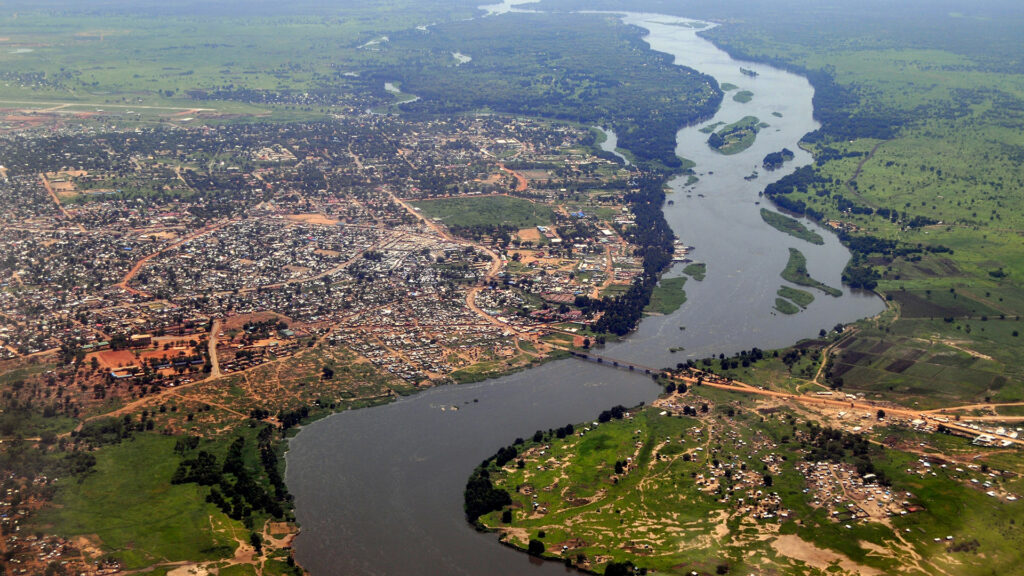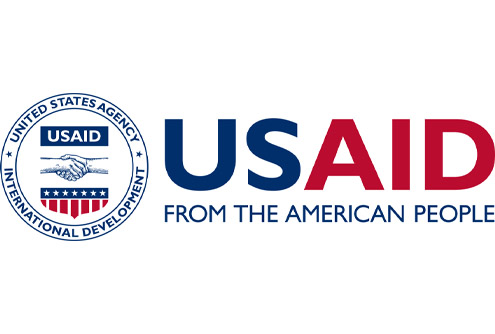RoG raised awareness among displaced people of their rights, in particular to basic services, decent work, and education, and of ways to claim those rights. Representatives went door to door to provide information about their rights and also utilised community meetings and local media – such as TV, radio, newspapers and social media – to bring attention to the challenges faced by displaced people. Three radio talk shows reached a combined audience of 50,000 people and called for their inclusion of displaced people in future interventions.
Local government authorities were involved at the start of the project, participating in both the VFL methodology and the ULL approach. RoG visited displaced people’s homes to understand their needs, and engaged local and national government authorities by facilitating roundtable discussions with displaced people and the host community. A social media campaign highlighted displacement as a national risk and aimed to promote the inclusion of displaced people in decision making and development planning. In response, the national government asked host states to allocate land for displaced people.
At the community level, RoG worked with 25 beneficiaries to develop five businesses in the community, providing goods and services like tailoring, fast-moving consumer goods, second hand cloth, fresh produce, and agricultural seeds. The groups pooled their savings so that if the group reached a particular threshold, the extra money was used to support a sixth new startup group. In this way the capital keeps growing to benefit more displaced people.

